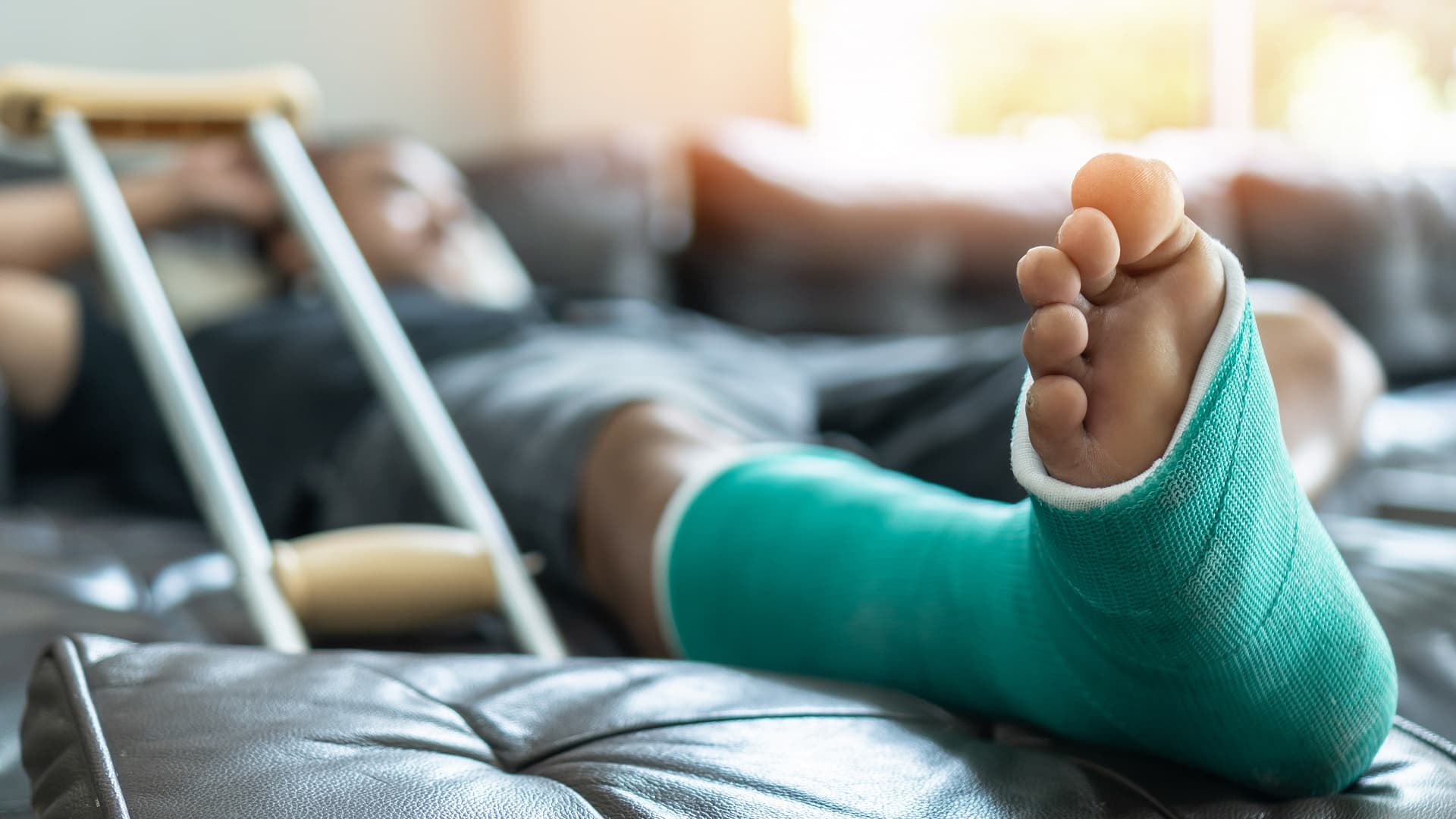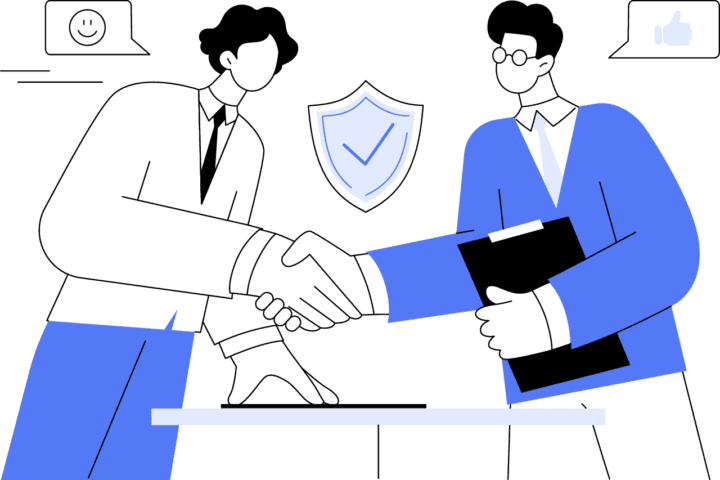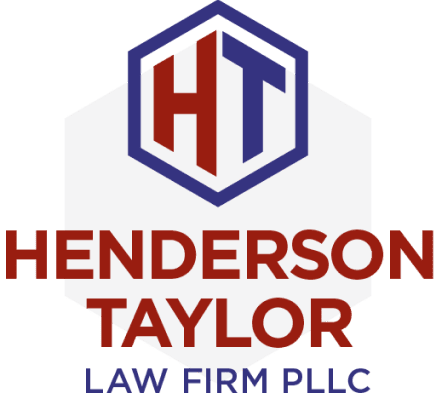As drivers in Oregon and Washington head out onto the road, the thought of ending up in a car accident is usually far from their minds. We travel safely from location to location every day, bolstering our sense of security and safety—even though auto collisions can and do happen with relative frequency. If you have found yourself in the painful and disorienting situation of suffering an auto accident injury, it’s understandable to experience confusion and stress. However, by reviewing some of the most important steps to take following a car or truck accident before you find yourself in this situation, you can navigate the immediate aftermath and the claims process with greater clarity and confidence. Below are some of the most common mistakes auto accident victims in Oregon and Washington state should avoid in order to maximize their chances of obtaining a fair and favorable settlement.
Failing to Notify Law Enforcement After a Car Accident
Fender benders that cause no injuries do not require the parties to report the accident to law enforcement. However, accidents that cause injuries—even seemingly minor ones—and more serious damages to the vehicles should be reported. Failing to report an auto collision denies you the opportunity to have a responding officer compile a police report, which often serves as an objective account of the accident. When you decide to file an auto accident claim, providing a copy of the police report can strengthen your claim and provide proof that the other driver’s reckless or negligent actions contributed to the incident and your resulting injuries. In some instances, failing to report a car accident can lead to penalties enforced by the DMV. It’s always safest to alert the authorities as soon as a car collision occurs.
Admitting Fault
The time immediately after a car accident can be overwhelming and disorienting. You may feel compelled to commiserate with the other parties involved by expressing regret or apologizing for the incident. Unfortunately, the words “I’m sorry” can impact your auto insurance claim significantly later on, as your comments will likely be used to demonstrate your fault for causing the accident. While you should exchange insurance and contact information with the other parties involved in the incident, refrain from saying anything that could be used to illustrate your guilt or responsibility. In general, the less you say at the scene of the accident, the less “evidence” the other parties or the insurance companies will be able to use to undermine your claim.
Neglecting to Gather Sufficient Evidence at the Scene
As soon as the collision occurs, you should assess yourself and others at the scene to determine whether an ambulance is necessary. If so, call for one right away and enlist the help of others at the scene to help you exchange information from the other parties involved in the incident. Gather the names of all parties involved, their insurance information, and their contact information. If there were any witnesses, ask for their information as well, especially if they can provide insight into what happened in the moments leading up to the crash. Make sure to contact law enforcement so the officer can file a police report. If possible, take photos of the scene and your injuries, as this documentation may prove useful when putting together your auto accident claim in the near future.
Not Seeking Medical Attention in a Timely Manner
Most people recognize that serious auto accident injuries warrant an ambulance. However, less severe injuries may give victims pause, as they may not think it essential to seek medical treatment. They may think that the injuries will simply heal with time. However, failing to seek medical attention right away not only puts your health at risk but is likely jeopardizing your chances of securing a fair and equitable settlement offer later on. A doctor should assess you and document the nature and extent of your injuries. They will recommend a treatment plan to help you on your road to physical recovery. Additionally, the notes documenting your injuries will strengthen your auto accident claim, as you can show that you took your injuries and your recovery seriously.
Dealing With Insurance Adjusters on Your Own
When you report your auto accident injuries to the insurance company, an insurance adjuster will be appointed to oversee your claim. While this individual may try to reassure you that they are “on your side,” it’s essential that you recognize that their top priority is saving the company as much money as possible. Insurance adjusters may ask you questions in an attempt to undermine, discredit, or deny your claim. Although auto accident victims may navigate this process on their own, it can be incredibly stressful and frustrating—especially as you are also burdened with your physical recovery. Consider enlisting the guidance of a trusted and compassionate Oregon and Washington personal injury attorney who can step in and handle these communications on your behalf. While you focus on your recovery, you can rest easier knowing that your attorney is working hard to negotiate a fair and favorable settlement.
If you need help pursuing compensation following an auto accident injury in Oregon or Washington state, call Henderson Taylor Law Firm today at (360) 737-1478 to speak with an experienced and compassionate personal injury attorney.





